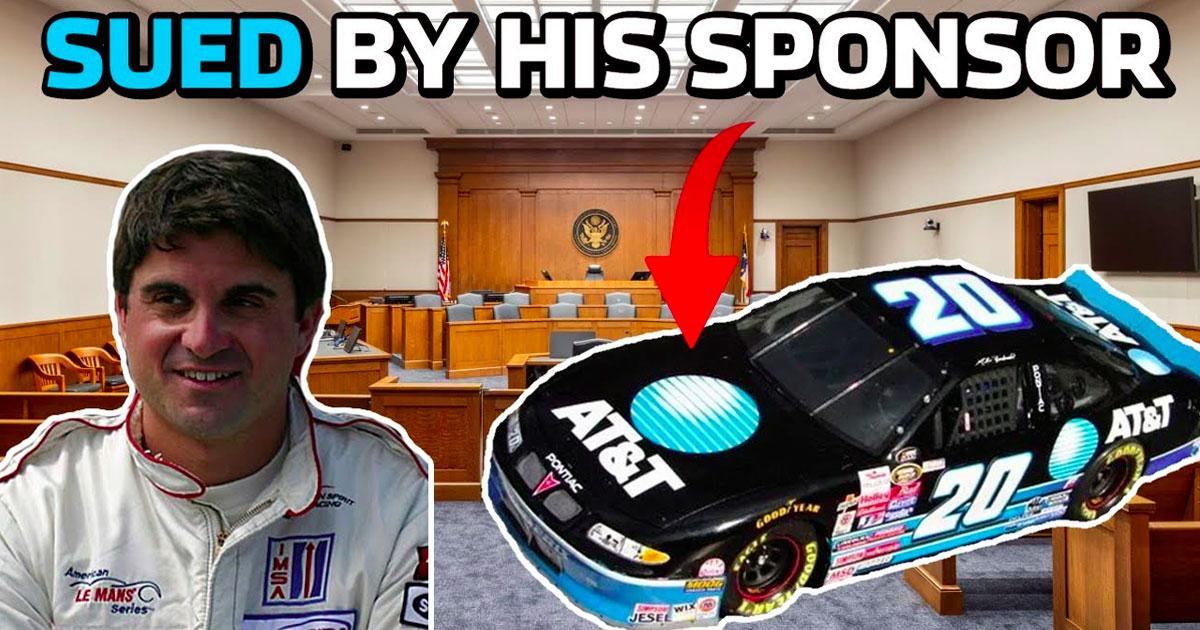NASCAR Driver Sued By Sponsor, Big Time Fail

Over the past couple of decades, NASCAR has undergone significant transformations, presenting a stark contrast from its glory days. Once characterized by iconic drivers like Dale Earnhardt and Jeff Gordon, NASCAR stood at the zenith of popularity, cultivating A-list celebrities within its ranks.
However, as time progressed, the landscape of NASCAR shifted. What was once a sport synonymous with the Winston cigarette title sponsorship and an edgy fanbase gradually evolved into something striving for broader corporate acceptance.
While this transition stirred discontent among many fans, NASCAR itself seemed to deem it necessary to adapt to the changing times. After all, the failure to attract advertising dollars would signify a much graver issue than a couple of disgruntled fans.
In the year 2000, amidst NASCAR’s peak popularity, AT&T, a telecommunications giant, entered the scene as a major sponsor. Surprisingly, AT&T chose not to partake in NASCAR’s premier leagues but instead focused its sponsorship on the Busch series, a minor league within the NASCAR circuit.
However, AT&T’s involvement in NASCAR was not without controversy. The telecommunications behemoth found itself embroiled in a legal battle with one of its sponsored drivers, Mike Borkowski, even before the season concluded.
The following video from the JakeSimRacing YouTube channel sheds light on the tumultuous relationship between Mike Borkowski and AT&T. It highlights how the driver’s conduct irked the communications giant to the extent that legal action was pursued.
Whether it was his poor driving performance on the track or a controversial propensity for crashing that irritated AT&T is debatable. The company seeks a refund for a disastrous venture, emphasizing the dire nature of the unsuccessful undertaking. Serious sponsor ties require caution; on-track actions can stain a brand’s image, emphasizing the need for responsible behavior.
NASCAR’s identity shift reveals insights into balancing tradition, corporate interests, and fan loyalty in the evolving sports landscape.
In any case, even though this deal didn’t work out, it reminds us of a time that NASCAR would probably love to get back to even though it didn’t come without speed bumps here and there.

